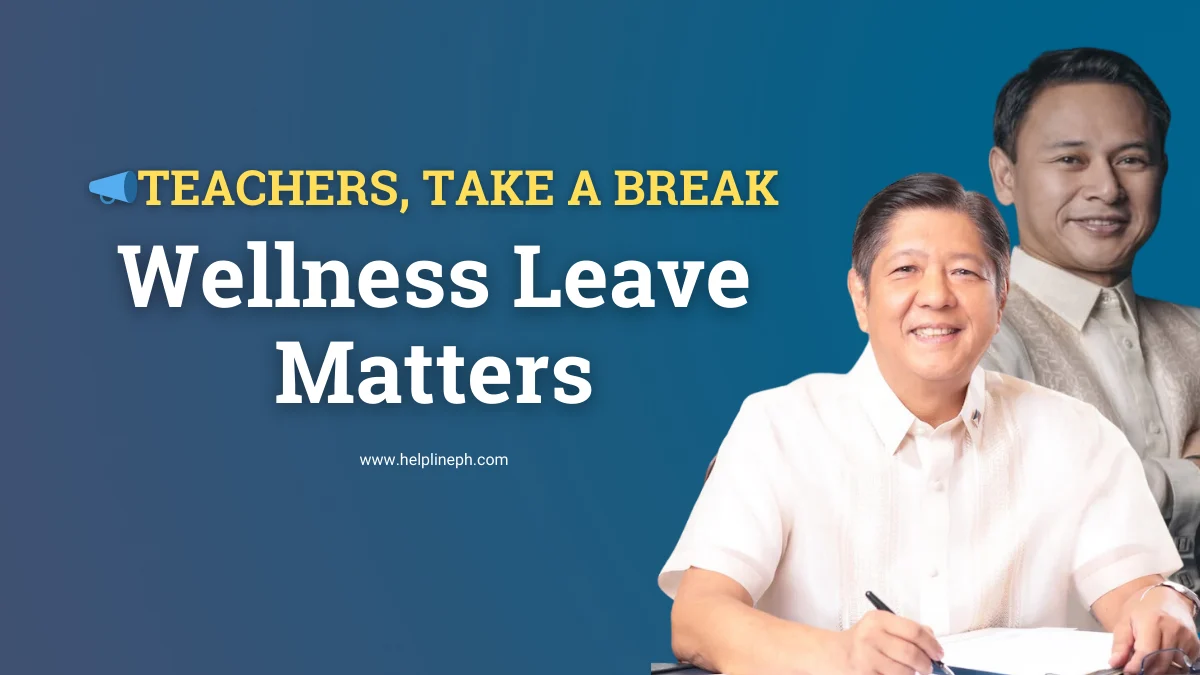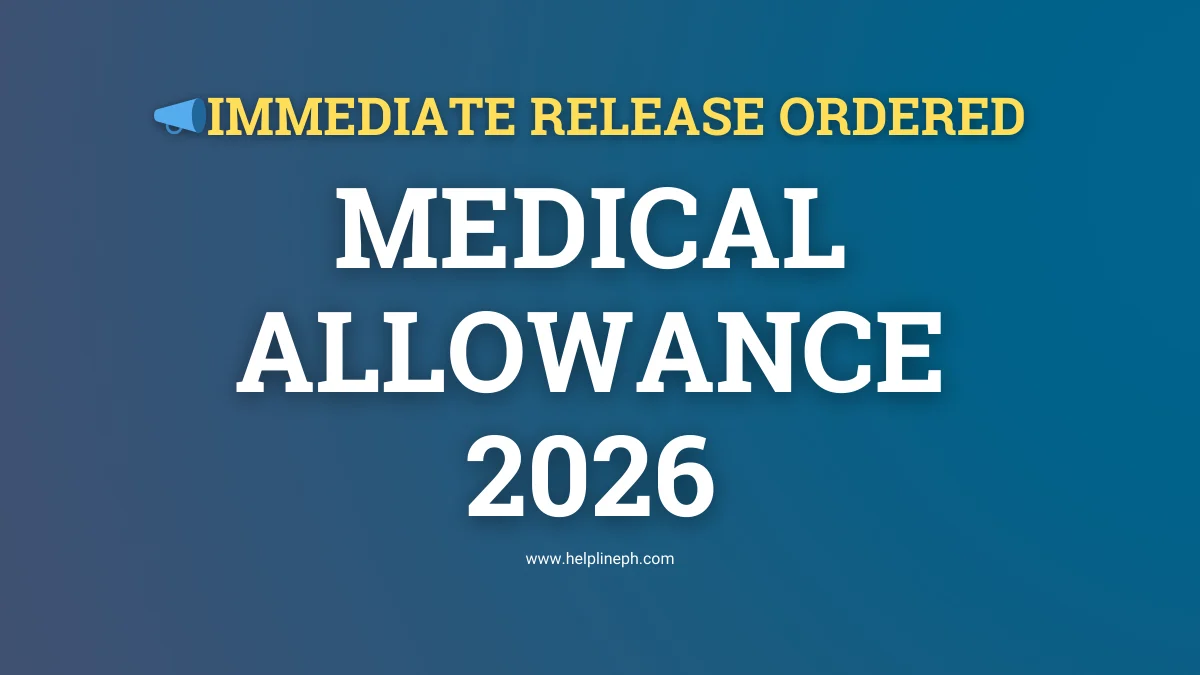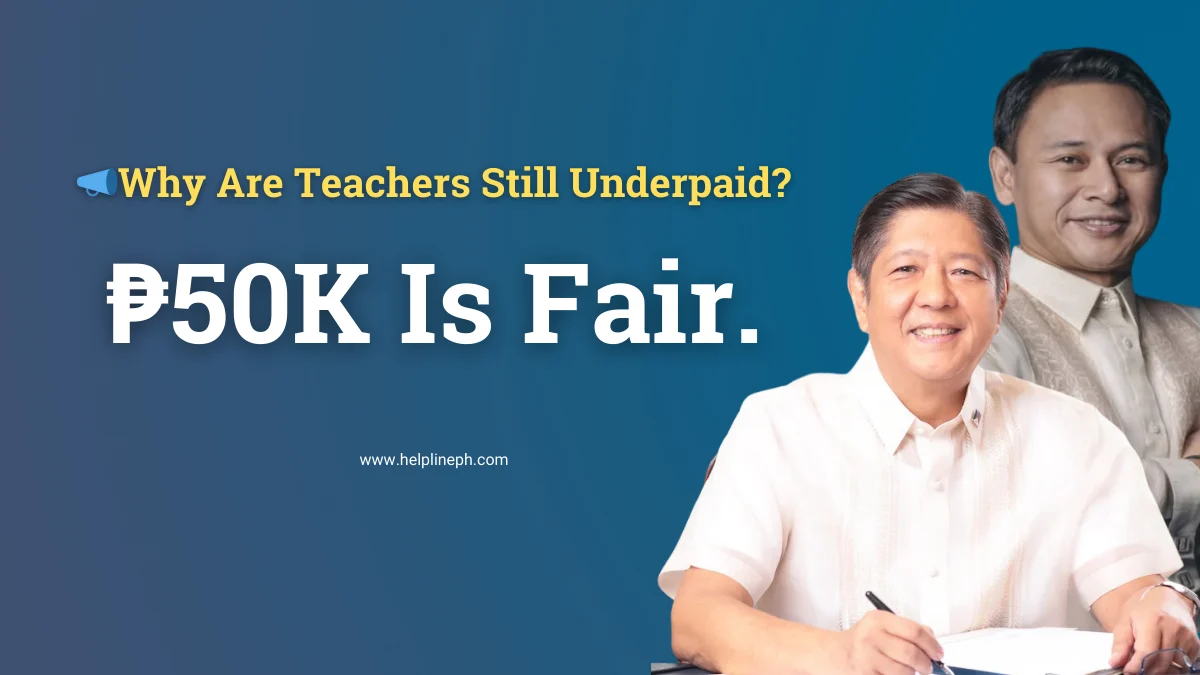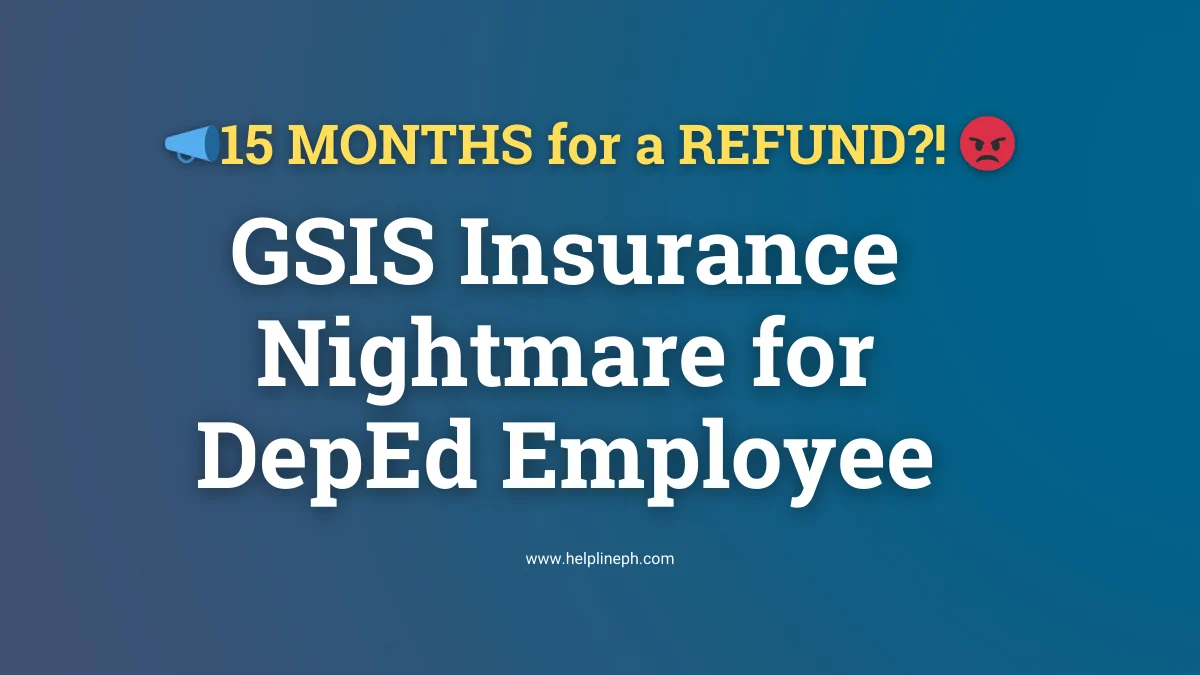Baon for Students (focus keyword) is a proposed allowance scheme in the Philippines that could change how students cover their school costs. Under House Bill 2657 (HB 2657), all qualified students — from elementary to college — in both public and private schools would receive an annual stipend of P5,000. High‑achieving students (dean’s listers) would get P10,000.
In this article I’ll walk you through what this means, why it’s proposed, what the benefits and challenges are, and where things might go from here.
What is the “Baon for Students” Allowance?
The term “baon” here refers to a school‑allowance or provision of funds for students. Under the bill:
- Every student enrolled in elementary, junior high, senior high, or college — in either public or private schools — is eligible.
- The allowance: P5,000 for regular qualified students.
- For students who excel (for example being on the dean’s list), they would receive P10,000 at the start of the school year.
- The agencies involved are the Department of Education (DepEd) for basic education levels and the Commission on Higher Education (CHED) for college level.
- There is also a clause for considering a tiered system (based on income brackets) so that students with the greatest financial need could be prioritised.
Why the Bill Was Proposed
Addressing Hidden Costs of Schooling
Many Filipinos know that tuition in public schools may be free, but there are still other costs: uniforms, food, transport, books, supplies. The bill argues that these costs still burden many families.
One of the bill’s authors, Brian Raymund Yamsuan (Representative for Parañaque City’s 2nd District), shared that even as a scholar he had to work part‑time to pay for these other expenses.
Preventing Drop‑outs and Helping Students Stay in School
By providing financial support, the bill hopes to keep students in school and reduce drop‑outs. As one article puts it: “a measure that seeks to equip Filipino students with the resources they need to encourage them to stay in school and complete their education.”
Investing in the Future
Yamsuan emphasised that this is not just support or “ayuda” in the usual sense, but an investment in people — especially youth. He said the return (an educated citizenry) will outweigh the cost.
Who Would Benefit and How
Who is Covered?
- Students in public or private schools from elementary to college.
- Includes learners in the Alternative Learning System (ALS) as well.
- Top students (e.g., dean’s listers) get a higher allowance (P10,000).
- If a tiered income system is adopted, then those from lower income families may get priority.
How the Allowance Can Be Used
While the bill doesn’t strictly say how the money must be used, the intent is to help cover costs such as:
- Uniforms and school materials
- Books and learning materials
- Food and snacks on school days
- Transportation to and from school
My Personal View
From my own walking around in school years, I remember how some classmates skipped buying lab materials or transport because of cost. Having a modest stipend like P5,000 could mean fewer students stressed about money and more focus on learning.
Potential Benefits
Here are some ways this bill could positively impact students and the country:
- Reduced financial stress on students and families. That means better concentration on studying, less worry.
- Higher retention in school levels — fewer drop‑outs because of cost concerns.
- Recognition of high achievers (via P10,000 stipend) which may motivate more students to aim high.
- Support for marginalized groups, especially if the income‑tier system is used properly.
- Long‑term gains: Educated youth can lead to more skilled workforce, better civic participation, stronger nation.
Challenges & Considerations
While the idea is strong, there are some things to watch out for:
- Cost for the government: With millions of students, P5,000 each adds up quickly.
- Implementation: The procedures (registration, verification) need to be simple so that students who need it don’t get left out. The bill acknowledges this by specifying that DepEd and CHED must streamline the registration.
- Fairness: If many students are eligible, how to make sure the funds go first to the most needy? The tiered income bracket idea is there, but it needs clear guidelines and enforcement.
- Monitoring and evaluation: There should be follow‑up studies to see if the allowance actually improves attendance, performance, and completion rates.
- Sustainability: The program needs steady funding year after year. The bill specifies that after the first year, funds must be included in the annual General Appropriations Act.
Where the Bill Stands Now
The bill (HB 2657) is under discussion in Congress. It has been filed, and initial hearings are taking place.
If passed, it will become law and the implementing rules and regulations (IRR) will need to be issued within ninety days.
What This Means for You (Student, Parent or Educator)
- If you are a student: You may have access to extra funds to help cover school‐related costs. You should watch for announcements from your school or local government about eligibility and registration.
- If you are a parent: This could ease your budget for school uniforms, transport, food, and supplies. Check with your child’s school about how the process will work.
- If you are a teacher or school administrator: You may need to guide students and parents on how to apply, keep records, and ensure equity and transparency in distribution.
- If you are a policy‑watcher or advocate: You can track how the bill is implemented, push for good oversight, and plan for how the funds will be used effectively.
Frequently Asked Questions (FAQs)
Who qualifies for the allowance under Baon for Students?
Students enrolled in elementary, junior high, senior high, or college in public or private schools are covered. Learners under the ALS are also included.
How much is the allowance?
The proposed standard allowance is P5,000 per qualified student per year. High‑achieving students (e.g., dean’s listers) may receive P10,000.
When would the allowance be given?
The bill indicates the stipend will be given at the start of the school year.
Will the allowance only go to students in need?
The bill allows for a tiered system based on income brackets to prioritise students with the greatest need, though initially all qualified students are eligible.
Who administers the program?
For basic education (elementary to senior high), the DepEd. For college, the CHED. Both agencies will oversee registration, disbursement, and the IRR.
Are private school students eligible?
Yes, students in private schools are included, as long as they meet the eligibility criteria.
As someone who has seen how even “small” costs can derail a student’s day or week (missed transport, skipped materials, etc.), I believe the Baon for Students allowance is a bold and helpful idea. It signals that educational expenses go beyond tuition, and that supporting students means helping them access all aspects of learning.
If implemented well—with fairness, transparency and good funding—it could make a real difference in Philippine education. It might also change how families plan for schooling, reduce stress, and help more students complete their studies with fewer interruptions.






